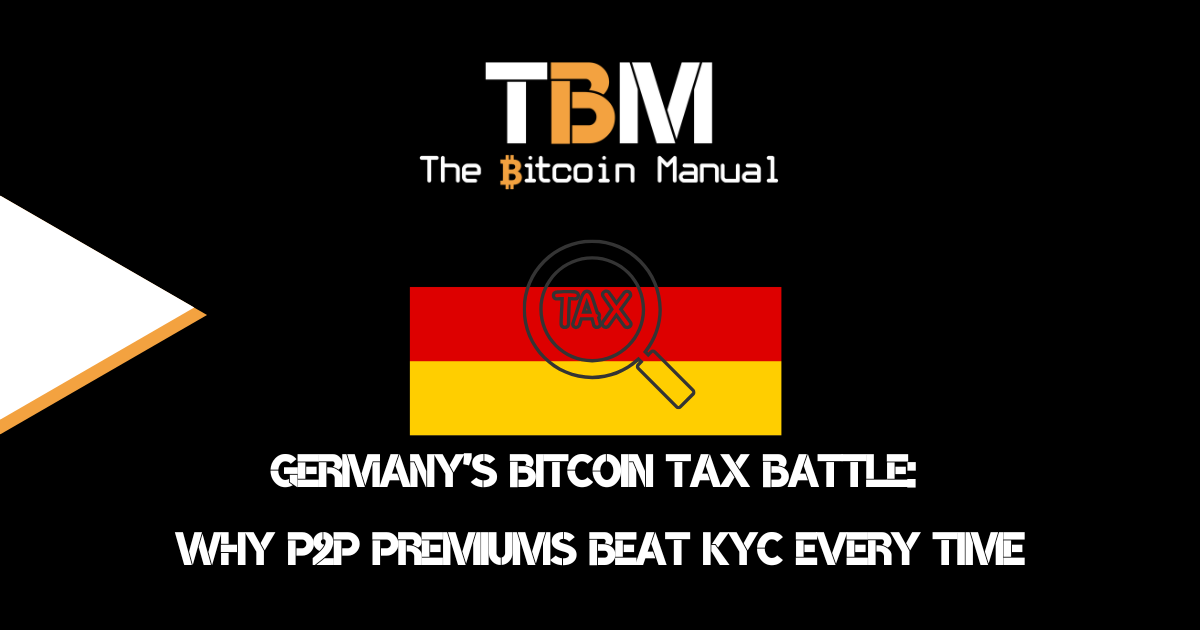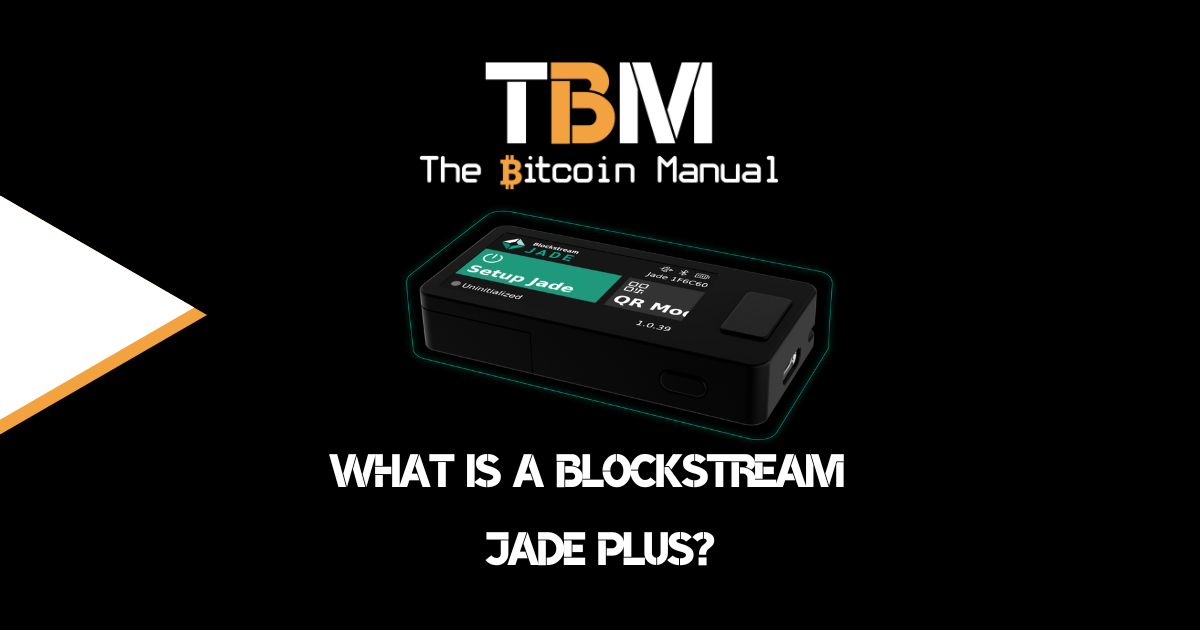Fiat wisdom dictates that residential rental property is the way to make money, or so some people claim. The old 60/40 bond stock portfolio continues to fall short for many a saver, and real estate is seen as a way to cover the shortfall. Leveraging yourself to acquire as many properties as possible and then rent-seeking off future generations who you priced out of the market.
If you listen to any boomer or generation X, you’ll think it’s a surefire bet; in reality, perhaps it was getting in on 40 years of continuously lowering interest rates and population increase adding to demand, but the real estate is anything but a “passive income” opportunity.
Whenever I hear someone pitch passive income in any form, I want to do my head in, but when it comes to real estate, the migration is much stronger. There is NO SUCH THING as passive income; real estate takes work, it takes capital injection, it requires you to take on risk, and it’s usually more of a headache than it’s worth.
The challenges start early, never go away and almost always involve throwing in more time and money. This might surprise you, but there are plenty of cases where real estate investing can and will provide a negative return on capital, despite what these finance gurus and so-called conventional investment wisdom dictate.
Offsetting occupancy issues
First things first, once you secure a property, you’ll need to get someone to take occupancy and pay you for the time they use your property. You’ll need to first advertise and prospect tenants, then vet the various applicants, which takes time and costs you money.
Additionally, this could be a process that you have to repeat as tenants move on; you need to find a replacement.
In the end, all of that doesn’t ensure smooth sailing, and you’re relying on these people to be responsible tenants pay their rent on time, don’t abuse the property, and don’t require you to engage in the costly and time-consuming eviction process.
Seasonal demand for your property
In some cases, your property might not be in demand the entire year; if you’re renting out in holiday towns or student villages, there will be periods where your property remains dormant and doesn’t provide you with an income.
Regardless of how or seasonal occupancy having your place kitted with a bitcoin mining rig can help you generate income all year round. It also gives you breathing room to be picky with the tenants you do let into your home so you don’t make rash decisions that could end up costing you more later down the line.
The rental has a limit
Rental income has its limits, it’s not only capped to the upside by what market participants can afford, but it can also be capped by the government, who might push rental control agreements on you. Rental income can also be impaired, as we saw with lockdowns.
While these might be outlier concerns, what isn’t is the cost of inflation; if you cannot raise your rental income to offset inflation, you’re making less money to pay yourself or service your debt obligations. You might be getting a regular income, but if it’s being eroded by inflation, you’re effectively eating those losses.
This might not be a problem in first-world countries, but in developing nations where currencies are taking massive hits, earning an income from an alternative currency like bitcoin becomes a far more attractive option.
Add to the fact that physical property has several costs attached to it, such as:
Real estate expenses include:
- Cost of property
- Property taxes (federal, state, and/or local)
- Property insurance
- Homeowner’s Association (HOA) fees
- Property management fees
- Expenses related to property aesthetics (painting, landscaping, seasonal pest control etc.)
- Surprise maintenance costs (electrical and home appliance issues, A/C repairs, water and mould damage, etc.)
- Damages caused by bad tenants
- Property renovations to satisfy local building codes/standards
- Variable interest rates on the mortgage bond
- Changes to areas that can affect property values
- Security expenses (fencing, alarms, armed response)
It means that your rental income can be eaten into, and you might have to cover the mortgage costs or contribute to cover expenses you hope to recoup with future rental income.
Bitcoin mining expenses include:
Unlike real estate, expenses associated with bitcoin mining are very predictable and typically limited. Also, bitcoin mining machines have fewer components and therefore carry fewer maintenance costs. While real estate profitability varies largely by region, a bitcoin mining machine will produce the same amount of bitcoin no matter where it is plugged in, holding power rates steady.
Common mining setup and recurring costs are as follows
Bitcoin mining expenses:
- Purchasing ASICs and PSUs
- Cooling set-up costs (immersion or air cooled)
- Mining pool fees
- Electricity costs
- ASIC replacement parts
Apart from your electricity costs which will be your variable rate, if you’re not producing your own power, all these costs are relatively fixed or have a range which means you can calculate how much you need to sink in to maintain your operation at all times.
Sure, you can have the unexpected breakdown here and there, but for the most part, these machines are rather robust and can take a beating before calling it quits.
Why mine bitcoin and not other digital assets?
So you’re probably thinking, but why don’t I mine other coins instead of bitcoin? They could be easier to acquire and might require a lower upfront investment than bitcoin mining.
If you want to do altcoin mining instead, you’re most certainly welcome to take that risk; no one will stop you. I would only encourage you to consider the following risks associated with it.
Operational risk
Firstly you’re sinking in capital to purchase these mining rigs for the specific chain; you have no idea if the chain will change its algorithms, consensus protocols or even be around in the next few years. So you might be sinking your money into hardware that won’t have access to that income opportunity, or your income could be slashed considerably due to changes out of your control.
Liquidity risk
Secondly, when you move to an altcoin you’re at the mercy of their liquidity, you might not be able to liquidate your returns in certain market conditions the way you can with bitcoin, and selling could result in slippage, or you’re bleeding out based on increased inflation of that coin.
Both these issues add a level of uncertainty to the process of mining, which means you cannot calculate a rate of return on these operations, and it could leave you exposed to additional risk.
Feed your greed with merged mining
Alternatively, you could gear up your bitcoin mining rig to do merge mining instead and try to squeeze out a few extra coins. Since it’s already using the same setup piggybacking off bitcoin, you could simply point that hash rate to other pools and secure additional coins.
Now, this is not to say that you’re going to net a higher profit; you’ll have to play around with this optional extra to see if it’s worth your time. Personally, I would stick to bitcoin, but that’s one man’s opinion.
The synergy of the investment
Bitcoin mining, with its robust market growth and international access to illiquidity, provides additional income for property owners and makes it an attractive investment opportunity. It not only provides you with additional income but can help you offset risks that other landlords face when renting out their homes.
Bitcoin mining’s initial start-up costs are standardised across all jurisdictions, and operating costs are predictable and calculable; you can do the math and scale your operations accordingly. Since bitcoin mining’s barriers to entry are significantly lower than real estate investing, it can be applied to a host of real estate portfolios too.
Bitcoin miners, like real estate investors, benefit from the appreciation of their assets and a stream of capital for the use of the asset. While your real estate provides you with fiat cash flow, your bitcoin mining is also cash flow paid out in the most scarce asset in the world, bitcoin.
Do your risk calculations
In the end, it’s up to you to decide if becoming a homeowner and a landlord is worth the effort. All I ask is that you plan accordingly, look at opportunity costs and look before you leap and go into your new endeavour with realistic expectations and a solid game plan.
Adding bitcoin mining to your real estate investments can be a way to hedge against a lot of uncertainty that is unavoidable in real estate and supplement the income. Remember, you’re not the only one competing for tenant cash flow and being able to differentiate your offering can help you turn a failing real estate portfolio into a viable one or expand margins on an already profitable portfolio.
Are you investing in the bitcoin ecosystem?
Do you invest in bitcoin mining? Are you considering bitcoin mining? Have you been mining for some time? Let us know in the comments down below.




